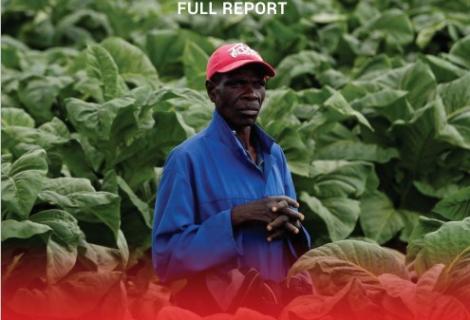
Climate Justice Evidence-Based Study in Zimbabwe Full Report
Impact of Agribusiness on Communities and Zimbabwe’s Ambitions to Meet the Paris Agreement Targets in the AFOLU & IPPU Sectors
Agriculture continues to face pressure from a growing population and changing consumption patterns, which requires it to produce more food. Historically, agricultural land expansion was used to meet food demand. This, however, has resulted in increased soil erosion, land degradation, deforestation, and greenhouse gas (GHG) emissions. Increased competition for land use has also increased the cost of expanding agricultural land, and the demand for industrial agriculture growth. Whilst industrial agriculture has become the leading contributor to land degradation, deforestation, water pollution, climate change, and biodiversity loss, it still fails to meet the global food needs with more than 800 million people suffering from hunger, globally. This calls for improved and more sustainable agriculture and food systems, including production, processing, and distribution.